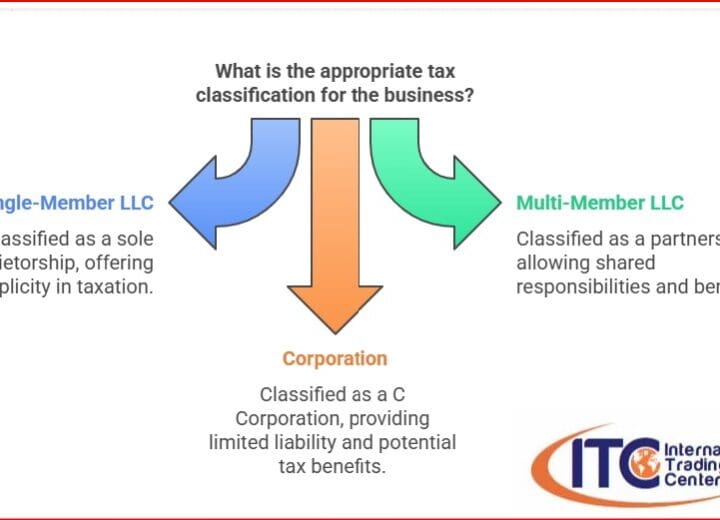Navigating tax obligations can be daunting, especially with evolving requirements. Among these is the IRS 1099-K form, an informational document that affects both businesses and individuals. This form is pivotal for ensuring accurate income reporting. Understanding who needs it and what it entails is crucial for compliance.
The advent of digital payment platforms, like Stripe, has increased the prevalence of the 1099-K form. It’s important for businesses, especially those using third-party services, to comprehend the nuances of this form. In light of revisions in reporting thresholds, it’s vital to stay informed and ready for tax season.
Defining the 1099-K Form
Form 1099-K is a tax document that requires Payment Settlement Entities (PSEs) to report specific transactions to the IRS. This includes online sales and transactions facilitated by companies like Stripe. Sellers must include this income on their tax returns. The form’s purpose is to ensure all income is reported accurately, promoting compliance for both sellers and PSEs.
Recipients of Form 1099-K
Entities that receive payments via PSEs like Stripe must pay attention to this form. Until 2022, businesses receiving over $20,000 and conducting more than 200 transactions annually were issued this form.
Individuals like freelancers using payment services, gig workers through apps, and marketplace sellers also receive this form if they meet thresholds. Understanding if you’re a recipient can aid in accurate income reporting.
Key Information on the Form
Crucial details on Form 1099-K include the PSE’s information, such as name and ID number. For example, Stripe as a PSE will be detailed.
The payee’s details, including name, address, and taxpayer ID, are also vital. The form specifies payment totals and transaction counts, aiding accurate reporting. Such cumulative reporting assists businesses during tax filing. Being meticulous and ensuring your PSE provides comprehensive information can simplify tax preparations.
New Thresholds: Preparing for Changes
The American Rescue Plan of 2021 impacts reporting thresholds though its changes take effect in 2023. Previously, the threshold was $20,000. It will now drop to $600 from 2023, affecting many businesses.
This shift affects diverse businesses, including those offering freelance services or accepting donations via third-party networks.
Staying informed about these changes is essential. Businesses must monitor transactions, ensure correct tax reporting, and potentially consult professionals for guidance.
Reporting the 1099-K on Tax Returns
To report the 1099-K form, review it for accuracy including names, IDs, and amounts. It’s crucial to report this as business income on Schedule C if you’re a business owner.
If received due to a hobby, it goes on Schedule 1 as ‘Other income.’ Ensure accuracy to avoid IRS issues.
Factoring in related expenses can also help lower taxable income. Keeping detailed records is beneficial for transparency and deductions.
Correcting Errors on the 1099-K
Mistakes on the 1099-K should be corrected promptly. Common errors include incorrect names or payment amounts. If duplicated forms exist, rectify this too.
If errors are present, contact the PSE to request a corrected form. Retain this for future reference and file it correctly.
Accuracy in forms is key for successful tax management. Resolving errors promptly can save time and potential penalties.
Noncompliance Penalties
Noncompliance with the 1099-K involves penalties. The IRS uses this form to ensure income reporting; lapses can lead to fines. Incomplete forms or late submissions incur penalties depending on timing.
Penalties may also apply for incorrect information, paper filings instead of electronic ones, and issues with taxpayer IDs.
These fines vary but emphasize the importance of rigorous compliance. Ensuring correct filing and accurate information is fundamental to avoid financial repercussions.
How Services Like Stripe Can Assist
Stripe offers tools for tax compliance, simplifying the process for businesses. It automates tax calculations and provides necessary data for filings.
Understanding ongoing regulations benefits businesses of all sizes. Solutions like Stripe’s can alleviate the complexities of tax management.
Staying informed ensures you meet your duties and can focus on business operations. With proper tools, tax season becomes less challenging.
Understanding the nuances of the 1099-K form is vital for businesses using third-party payment services. Staying compliant with IRS regulations helps avoid penalties and ensures smooth tax processes.





